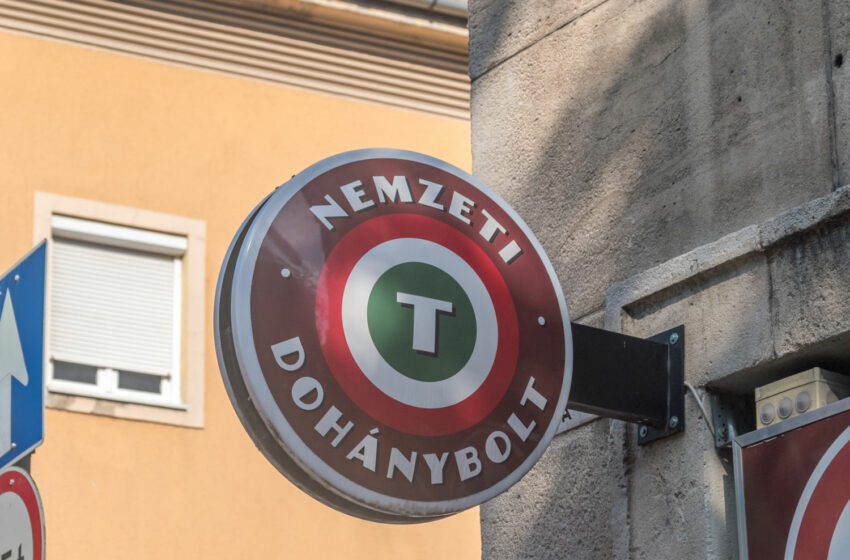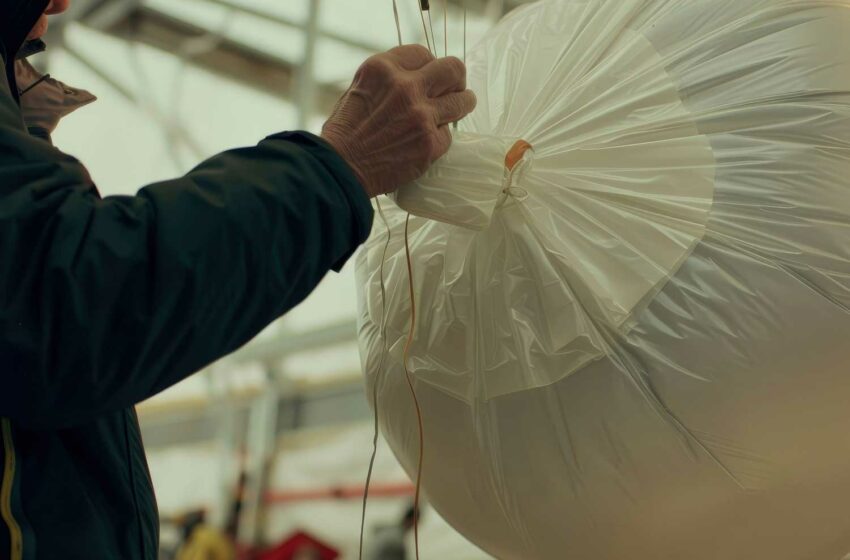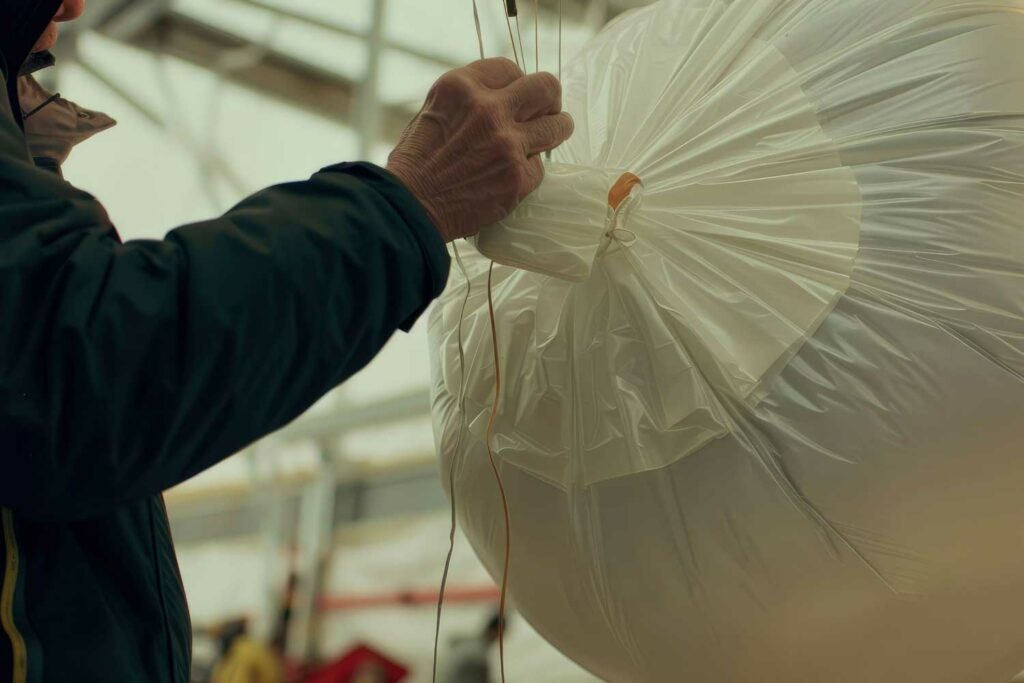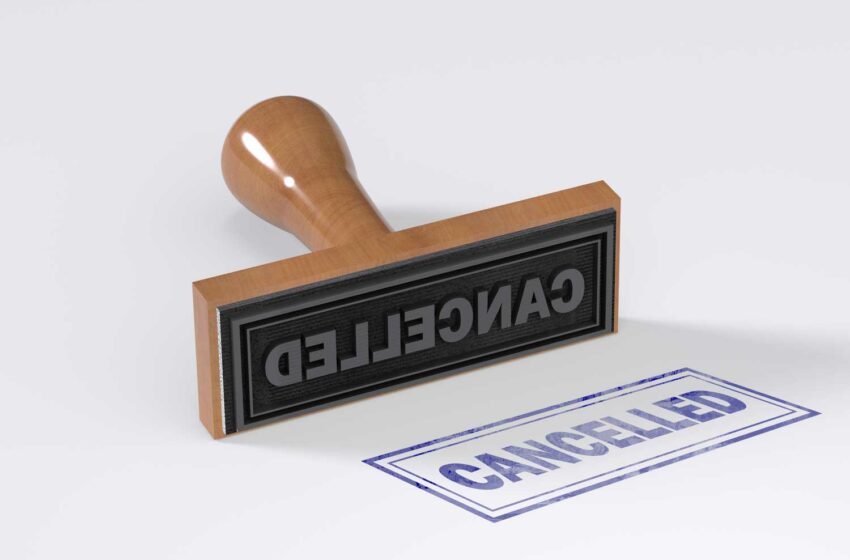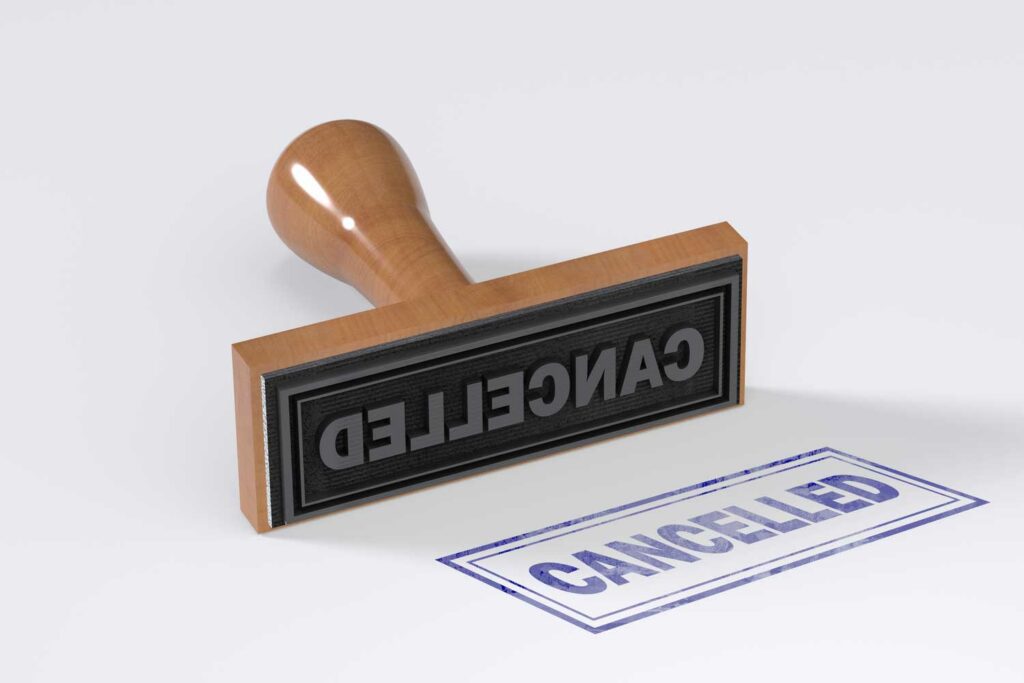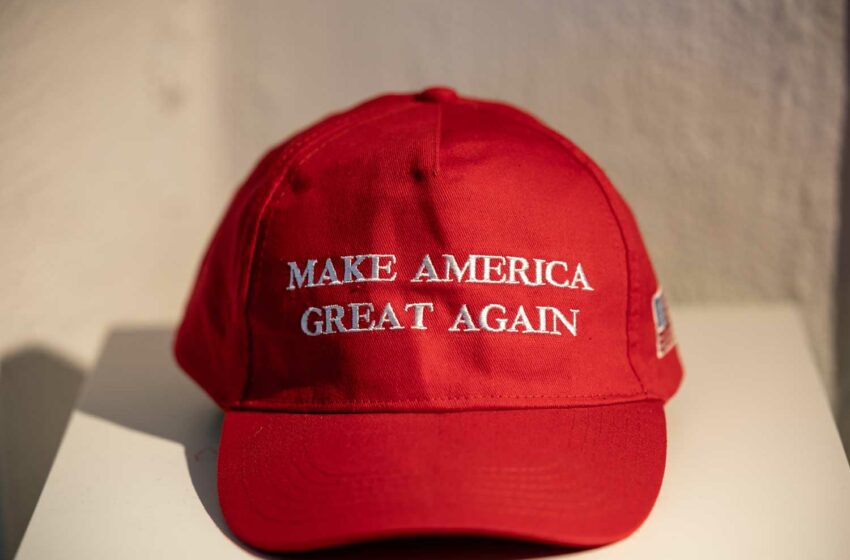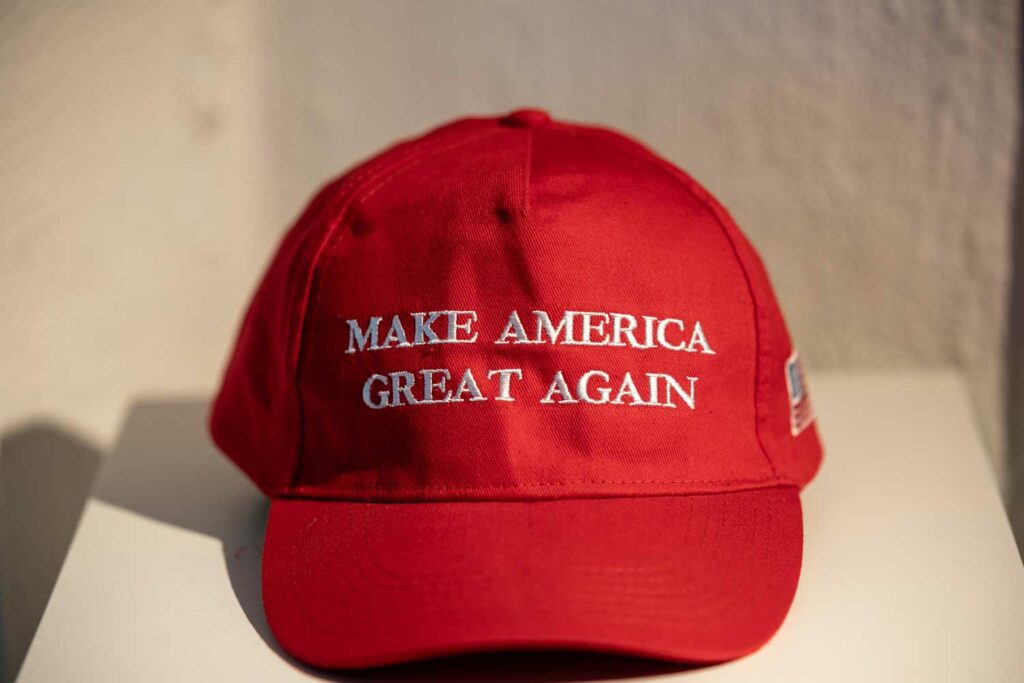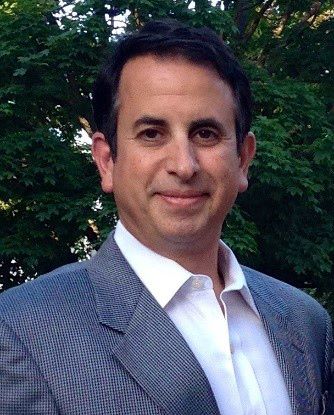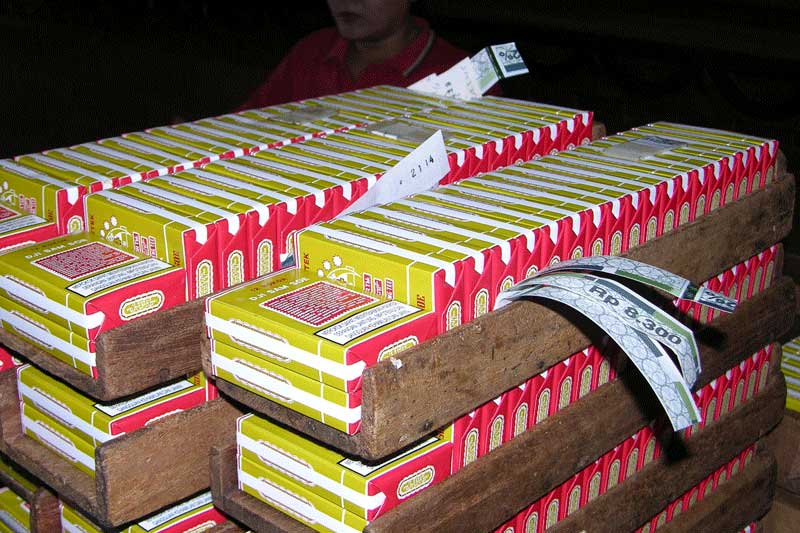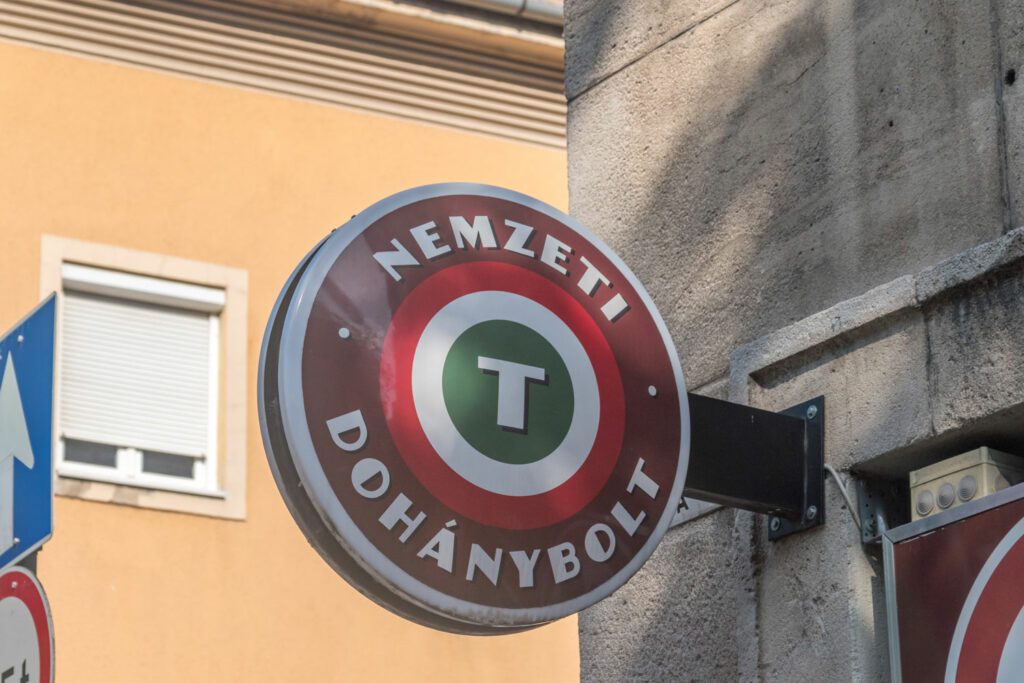
Heated-tobacco products are gaining popularity at the expense of traditional cigarettes in Hungary, reports Trademagazin, citing the Regulatory Authority for Regulated Activities. According to the agency’s 2024 data, the trend will continue to strengthen.
Compared to the early 2020s, Hungarians are buying 150–200 million fewer cigarettes each month on average, which means a significant drop on an annual basis. In the summer months of this year, demand increased as usual, but overall, fewer cigarettes are sold in Hungary every year.
Monthly demand for finely cut consumer tobacco has decreased by between 20 percent and 25 percent from the 300 tons to 400 tons that Hungarians purchased per month in previous years.
However, the illegal tobacco trade overshadows the official data, since in 2024 there has been a significant increase in sales of tobacco on the tax-avoiding market, according to the regulatory authority.

